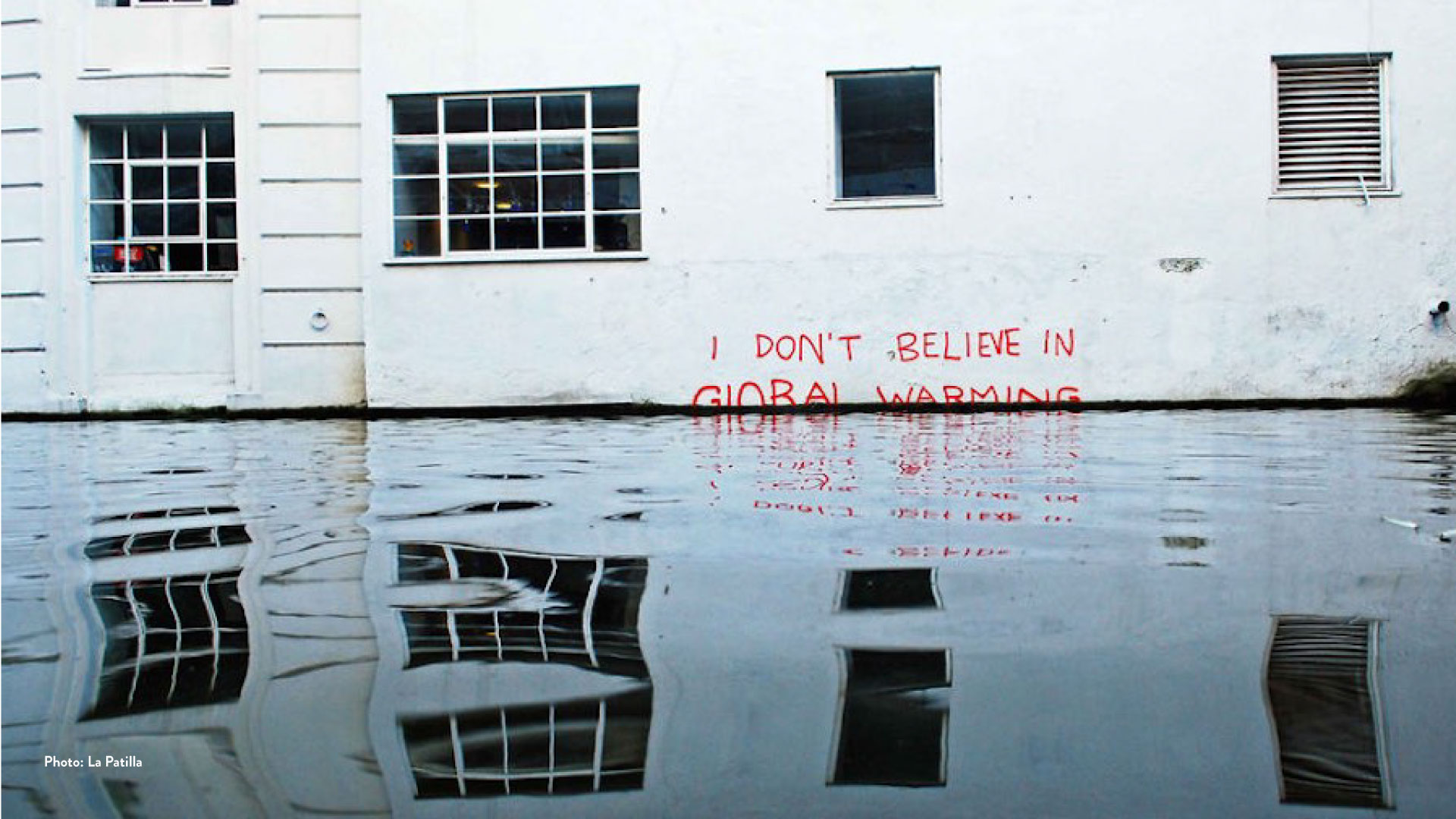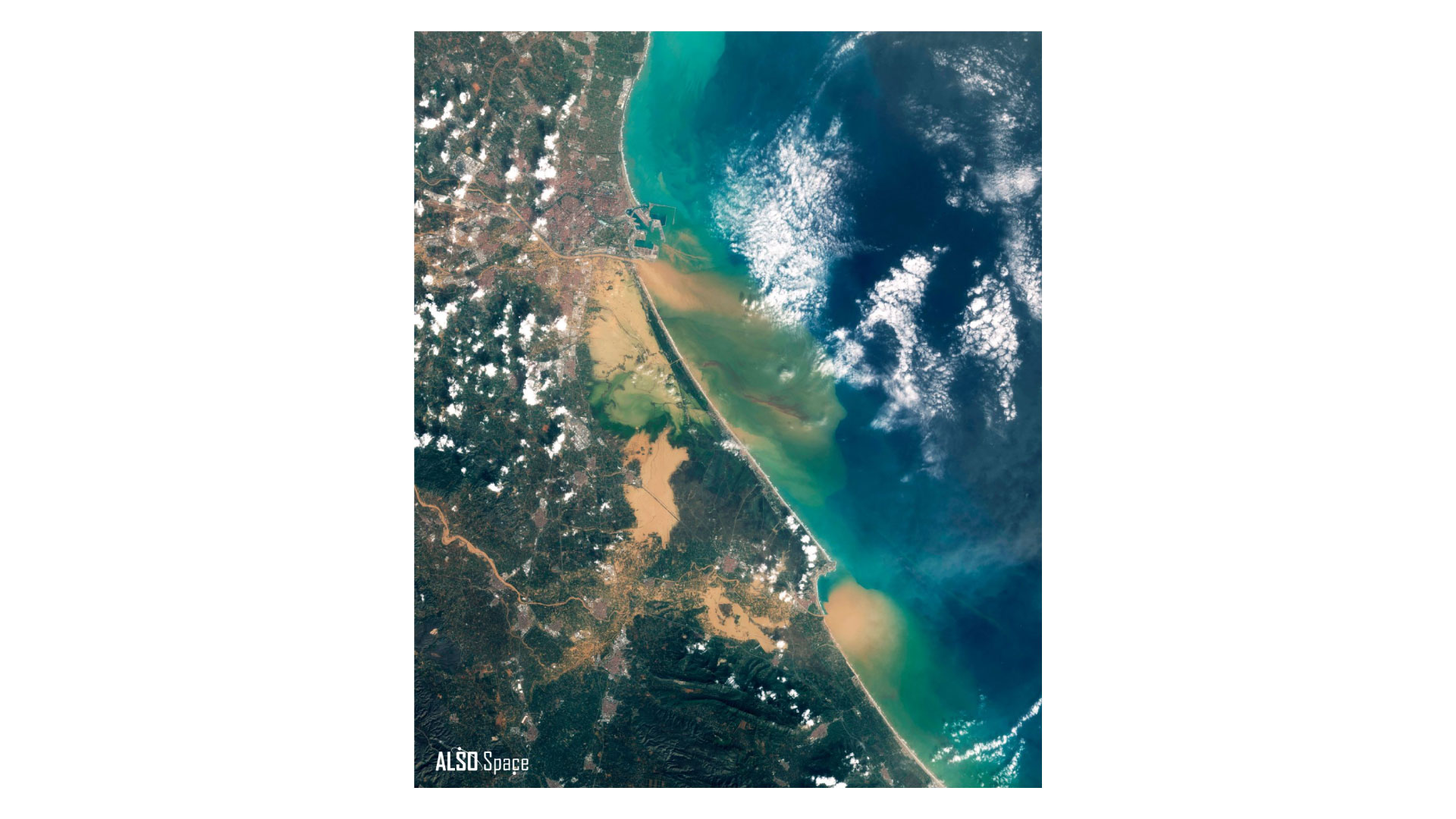Why Climate Mitigation in Mediterranean Cities is More Essential Than Ever


The recent DANA storm that struck the Valencia region has served as a sobering reminder of the increasing climate risks facing our Mediterranean cities. Severe flooding disrupted daily life, damaged homes, and left entire communities struggling to recover. We are deeply sorry for the hardships that people have faced as a result of these extreme weather events, which are becoming alarmingly frequent, especially in the Mediterranean basin, a region known for its vulnerability to climate change impacts, including prolonged droughts, intense heatwaves, rising sea levels, and flash flooding. This reality calls for a profound shift in how we plan, build, and protect our urban spaces.
Addressing climate change in Mediterranean cities requires more than simply reinforcing infrastructure; it demands a reimagining of public spaces as resilient, adaptable, and inclusive hubs for community life. Given the region’s heightened exposure to environmental risks, effective climate mitigation calls for innovative strategies like green infrastructure, flood-absorbent landscapes, and heat-resilient designs that provide shade and cooling effects in densely populated areas. Beyond physical improvements, the human dimension is equally vital: citizen cooperation and engagement are key to creating urban areas that genuinely serve all residents.
True resilience is born from community collaboration, where local voices play an active role in shaping and sustaining their environments. Involving residents in the development of urban strategies fosters a collective commitment to shared spaces and promotes environmental stewardship. Through initiatives such as community-led greening projects, sustainable water management systems, and the redesign of public spaces to prioritize accessibility and safety, cities can adapt in ways that are not only practical but deeply rooted in the values and needs of the community. When these efforts are informed by urban pedagogy—where citizens learn about and actively participate in the urban planning process—the results are more sustainable and resilient cities that are ready to confront future challenges.
The Mediterranean’s unique climate demands that we consider the specific needs of diverse groups within our cities. Planning for resilience in this region must take into account various perspectives, from gender and intercultural needs to accessibility and children’s requirements. Public spaces should be designed not only to endure environmental stresses but to serve as gathering points where all individuals feel safe, welcome, and connected to their community. By integrating these perspectives, we can create a sense of shared ownership that encourages social cohesion, mental well-being, and physical health.
Moreover, by strengthening social bonds, inclusive urban resilience efforts amplify the capacity of Mediterranean cities to withstand and recover from climate shocks. Community-driven, place-based approaches cultivate trust and a sense of responsibility toward public spaces, empowering residents to act as stewards of their environment. This holistic approach to urban design means cities can offer spaces that are adaptable, responsive, and aligned with the needs of those who use them most. When urban strategies include diverse voices, cities become more than just resilient; they evolve into thriving environments that enhance quality of life through safety, accessibility, and connectedness.
Each step toward a more climate-resilient Mediterranean city is a step toward preserving our communities for generations to come. This work is not only environmentally responsible but vital for safeguarding the health, safety, and overall quality of life of our neighbors, families, and future residents. Mediterranean cities that prioritize people, place, and planet equally will become models of sustainable urban living, where climate adaptation meets social inclusion. With every community-driven initiative, we build a foundation of resilience that allows our cities to face climate challenges while fostering a spirit of unity, belonging, and shared purpose.
Words of:
Konstantina Chrysostomou
Publication date:
31/10/2024
Originally written in:
English
Tags:
Everyday life / Sustainable
mobility / Biodiversity /
Public space
